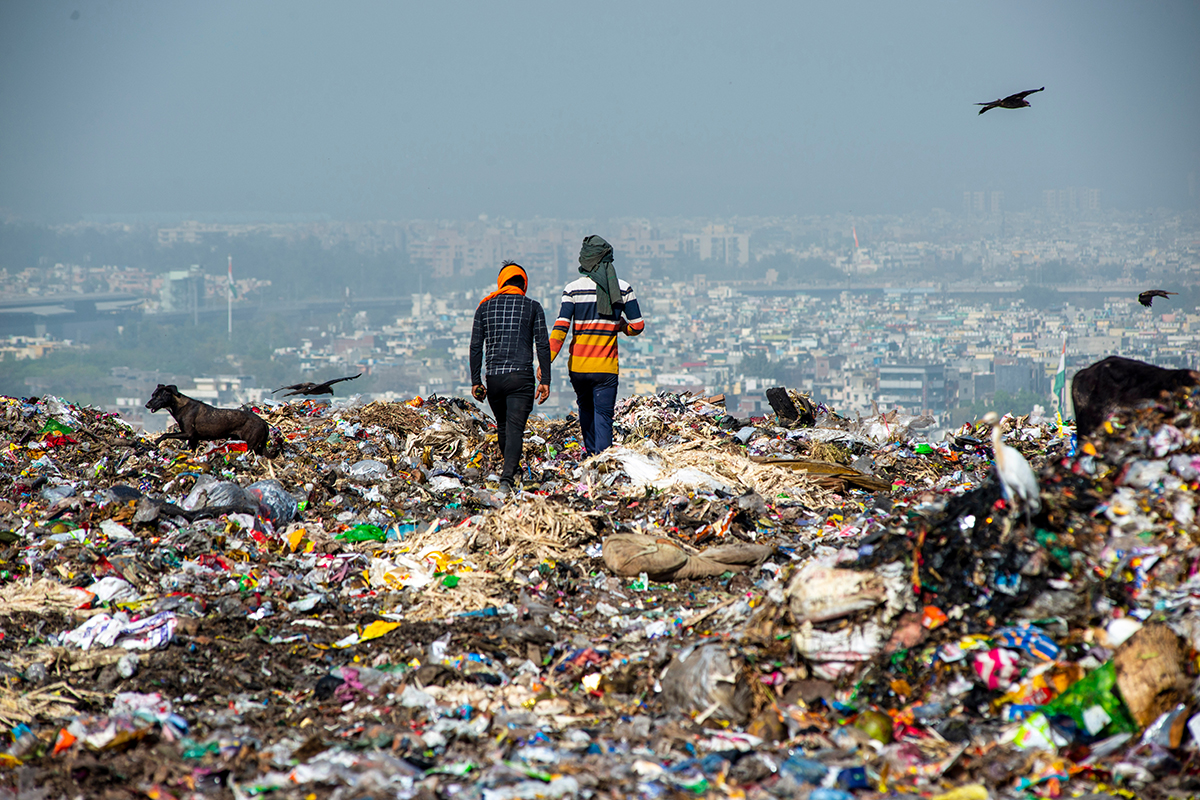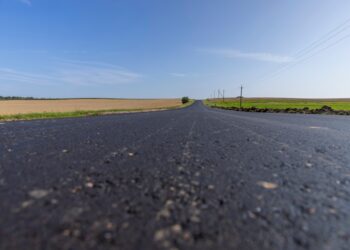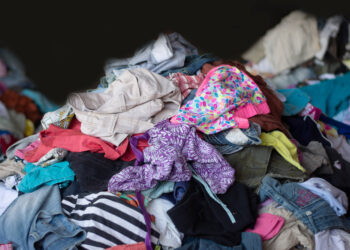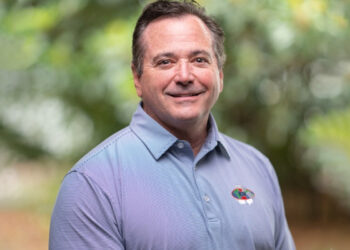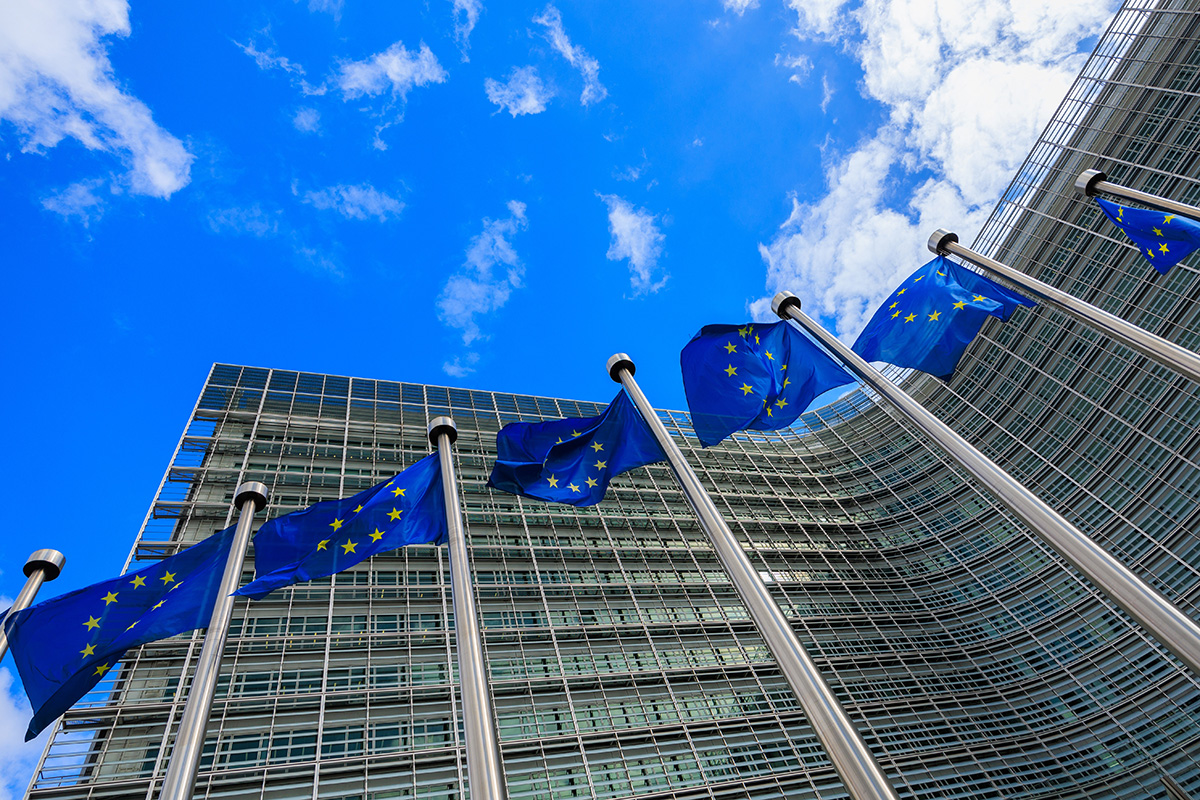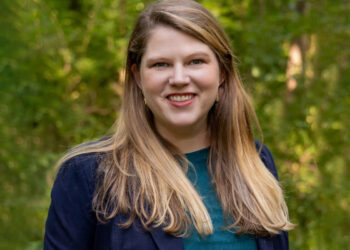Since its founding in 2018, the Global Plastic Action Partnership, part of the World Economic Forum, has worked to address plastic pollution in developing countries, creating a network of partnerships across Latin America, Asia and Africa.
About one in five people now lives in a country that has a national plastic action partnership, said Clemence Schmid, director of GPAP, during an interview with Plastics Recycling Update. As a public-private platform, GPAP aims to convene stakeholders throughout the plastics value chain in partnerships to reduce plastic pollution as well as to create jobs, she said.
The recently collapsed plastic treaty talks serve as an example of the limited understanding of the complexities of addressing plastic pollution, Schmid said, adding that GPAP has attempted to bridge that knowledge gap.
“Transparently, we’re struggling to engage either companies or experts, because there are not so many, and they tend to be busy on the ground,” which is why their perspective would be extremely valuable at such discussions, she noted.
“It’s eye opening when you’re able to show and you’re able to bring people that are actually doing the job to really explain how it works and what makes something collectible, solvable, recyclable. It changes the conversation,” Schmid added.
Of GPAP’s 25 partnerships so far, eight are in Asia and South Asia, including Indonesia, Vietnam, Cambodia, Laos and Bangladesh. GPAP has eight more partnerships in Africa, including Ghana, Senegal, Nigeria, Kenya and Tanzania. And in Latin America, the nine partnerships include Mexico City, Colombia, Peru, Ecuador and Paraguay, among others.
The group starts each partnership by creating a baseline assessment of the country’s plastics life cycle, using anonymized data in analytical models and involving all stakeholders in the process.
“What’s very important is to do this in a consultative process,” Schmid said. “This is not something that we just collect the data and then bring it back, but we discuss it with all the stakeholders to make sure that we align as much as possible on the best possible pictures.”
GPAP holds at least three or four meetings with a metrics advisory group, to align on data.
“That baseline is not just a baseline for the sake of data collection, but enables us afterwards to model different types of scenarios based on the level of ambition of plastic pollution reduction in the country, and be able afterwards to put a road map together that gives the country and the stakeholder at the national level some guidance,” she said.
The group also makes recommendations in meeting the country’s goals, including providing guidance on policy, innovation, behavioral change and financing.
Measuring success
Each partnership consists of three pillars, Schmid said, starting with ensuring that the national platform’s ownership lies within its own country.
“It is not a traditional infrastructure building project, where you finance a piece of infrastructure,” she said. “Our objective is really to give the tools to the countries and the stakeholder in the country to really be on track to have and own their own decision when it comes to infrastructure building.”
For example, the most mature GPAP partnership involves 200 to 300 organizations in its network, and the group intends to continue its growth, Schmid said.
“It’s a very fragmented industry, sometimes very locally defined, not even at the national but at the subnational level,” she continued. “So, it’s a continuous work on the ground to increase the number of people that are aware and that can participate, into the platform, and afterwards, are aligned to take the action following the roadmap.”
Another pillar of each partnership is impartiality, basing its findings and actions on data and evidence, rather than politics or opinion, she said.
Schmid explained.that by involving participants from informal waste and recycling networks, which are common in developing countries, from the very beginning of the partnership process, GPAP facilitates a just transition.
Informal recycling networks
Recycling networks in many developing countries are informal, consisting of “pickers” who sift manually through landfills for recyclable commodities, performing dangerous and low-paid work.
This dynamic raises the question of how to bring these workers closer together, Schmid said. “There is data in the field that shows that when you organize as a cooperative, you might still remain informal, you might still not be formalized, but at least as a cooperative, you’re stronger, because then your quantities are stronger, and instead of each individual going to a certain aggregator or to a different part of the value chain, then you’re able to go together and have bigger volume, and that gives you a bit more of security.”
Financing pathways
“In the recycling world, more than others, we all know that it has to make economic sense in order to make it a business-building idea, but that’s obviously hard to do in the early stage,” Schmid said. Instead, the group looks at how to best leverage different types of public and private funding to help bring projects to scale.
For more than two years, GPAP has worked with the WEF’s Financing Coordination Group to explore innovative financing mechanisms to help address such issues as plastic pollution as well as provide opportunities.
And although the financing group works on a global level, including during the recent plastic treaty talks in Geneva, Switzerland, it also digs into the local level to produce a dedicated financing assessment that helps show how a roadmap would be implemented.
GPAP itself is funded by such partners as the UK and Canadian governments, multinational companies including Coca-Cola and Nestle and other NGOs.






